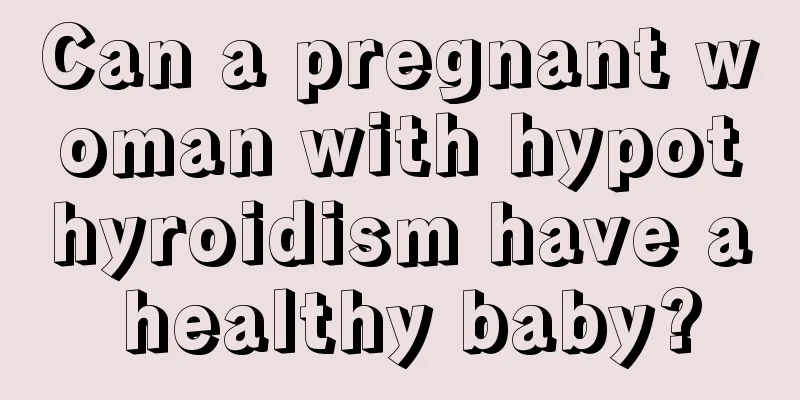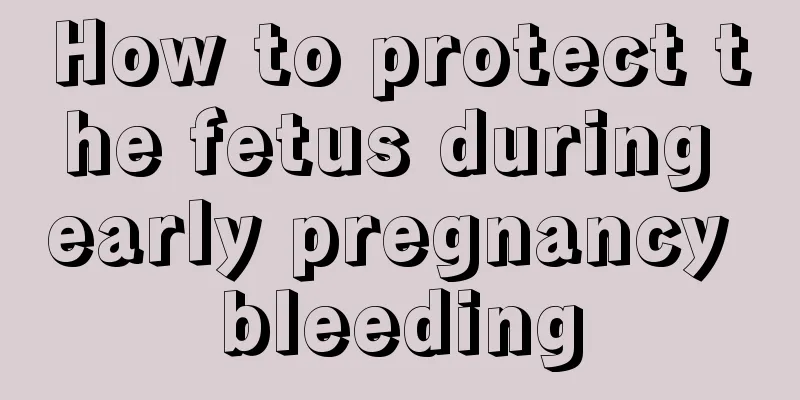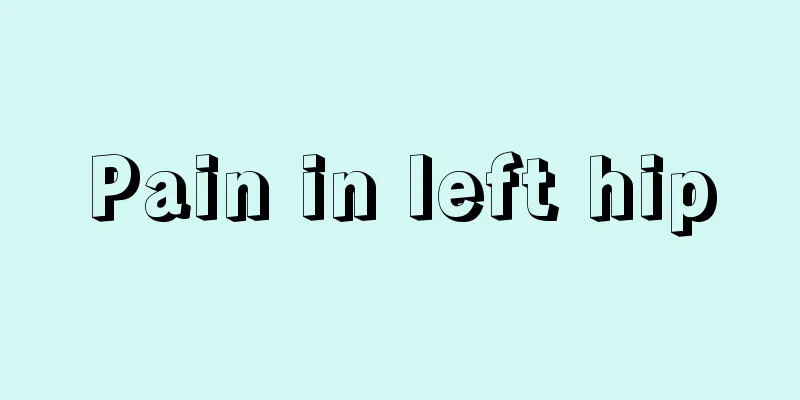Can a pregnant woman with hypothyroidism have a healthy baby?

|
If a pregnant woman suffers from hypothyroidism, she will worry that her condition will have adverse effects and harm on the fetus. In fact, if a pregnant woman suffers from hypothyroidism during pregnancy and does not receive effective treatment and control, it will indeed cause harm to the growth and development of the fetus, and may cause defects such as mental retardation, short stature or cleft lip. Therefore, pregnant women should pay attention to examinations before and during pregnancy. 1. If a pregnant woman has hypothyroidism, will the baby be born normal? 1. If a pregnant woman has hypothyroidism but does not receive good treatment during pregnancy, the child will be affected to a certain extent after birth, such as mental retardation, short stature, cleft lip and other defects. About half of the children may develop thyroid disease or congenital hypothyroidism when they grow up. If the pregnant woman's condition is well controlled during pregnancy, of course there will be no impact on the child. 2. The symptoms of congenital hypothyroidism in children may include: prolonged neonatal jaundice, long sleep time, difficulty feeding, decreased muscle tone, thickening and swelling of the tongue, hoarse crying, etc. Therefore, if you have thyroid disease during pregnancy and your baby shows some of the above conditions after delivery, you should consult a doctor in time to get the best and most timely diagnosis and treatment. 2. Will hypothyroidism be passed down to the child if the pregnant woman has it? 1. First of all, it is important to understand that whether a child develops hypothyroidism after birth has nothing to do with whether the mother was sick during pregnancy, how much medication she took, or whether her thyroid function was completely controlled during pregnancy. Because any pregnant woman who carries the thyroid disease gene may give birth to a baby with congenital hypothyroidism even if she does not suffer from hypothyroidism or hyperthyroidism. Moreover, even if thyroid disease is inherited, it is the gene for hypothyroidism that is inherited. It is impossible to inherit hypothyroidism directly. In other words, even if you inherit the gene for hypothyroidism, you do not necessarily get hypothyroidism. 2. Moreover, it should be noted that only a very small number of babies' congenital hypothyroidism are inherited, with a probability of about 1/2000~4000. The vast majority are caused by abnormal occurrence, development and function of the thyroid gland, and most of them have nothing to do with expectant mothers with hypothyroidism. Moreover, if the baby inherits hypothyroidism, the child's father must carry the gene for thyroid disease. In other words, both parents must carry the gene for thyroid disease for the baby to have the possibility of inheriting it. Otherwise, it is impossible to inherit it. |
<<: How to make a moisturizing mask for pregnant women
>>: Is it okay for women to wear lipstick while breastfeeding?
Recommend
What does it mean to have a baby?
Friends who have a comprehensive understanding of...
How long does it take to treat a thin endometrium?
Thin endometrium can be said to be a common uteri...
How to lie down when the fetus is in an abnormal position
The news that pregnant mothers fear most is that ...
Repost reminder! Drugs can “cure diseases” or “cause diseases”. This article will help you understand drug-induced liver injury
The liver is the busiest "chemical processin...
Urine test shows alkaline, it is certain that the baby will be a boy
In order to continue the family line, many pregna...
Menopause makes you look younger
Menopause is another stage in life that women mus...
Three types of scar pregnancy
What if you want to know how to clinically diagno...
"Flu killer" suddenly attacks the returning army, do you know these secrets?
As the laughter and joy of the Spring Festival gr...
What causes brown uterine discharge?
The health of the uterus is the most important th...
How many days of spontaneous abortion bleeding means that the abortion is complete
For women who are pregnant for the first time, if...
Nursing Care of Patients Undergoing Operation for Diabetic Retinopathy
As people's living standards improve, the inc...
Diagram of the posture for preparing for pregnancy with anterior uterus
What position is easier to get pregnant with an a...
What are the dangers of abortion for women?
In fact, in daily life, when having sex, you also...
Can I perm my hair while pregnant?
Today's women are more fashionable, and many ...









